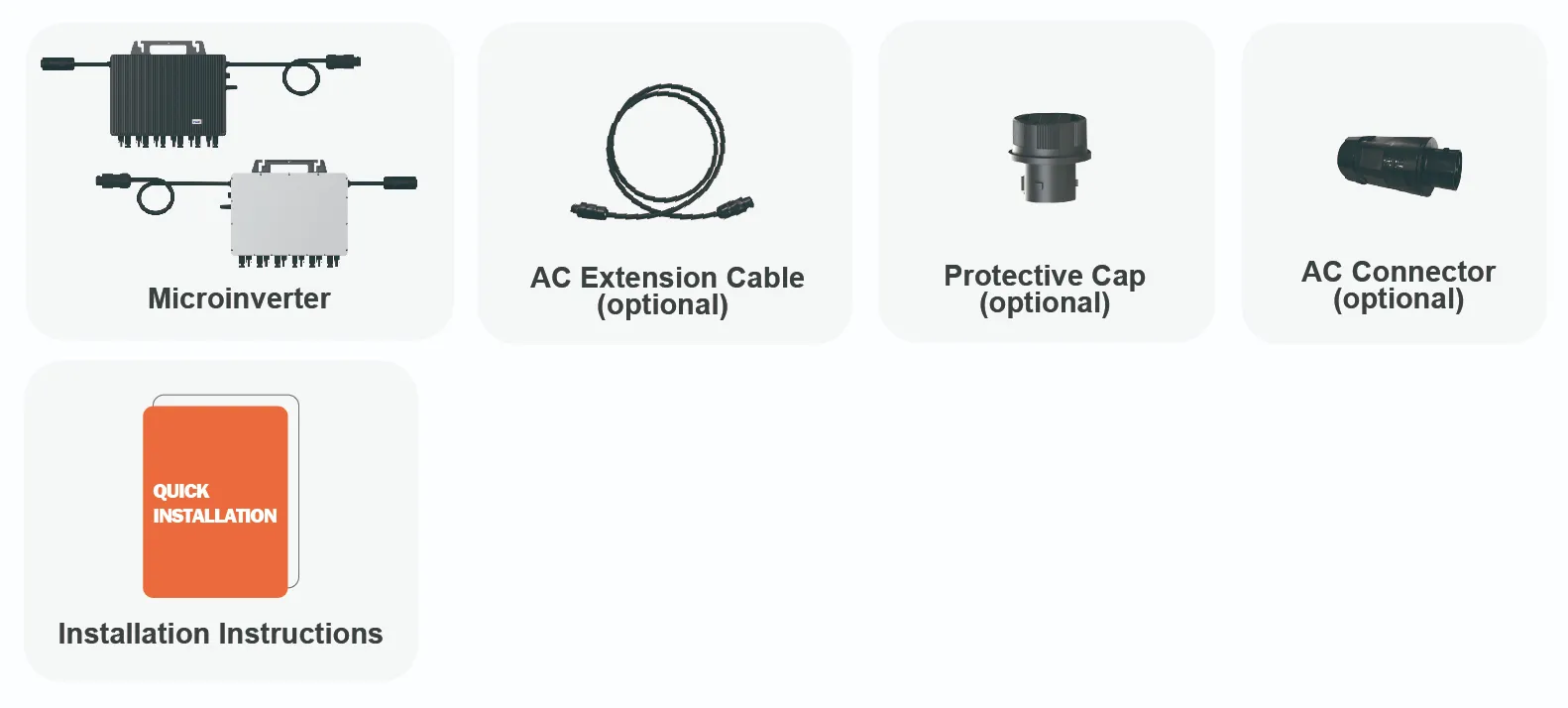Easy Solar Kit (with microinverter)
 LEARN DETAILS
LEARN DETAILS
 News
News
Table of contents
Home Batteries for Solar Storage A Comprehensive Guide
As the world shifts towards renewable energy sources, solar power has emerged as a leading contender for sustainable energy generation. One of the key components of an effective solar energy system is the home battery. These batteries store excess energy produced by solar panels during sunny days for use during the night or cloudy days. This article explores the benefits, types, and considerations of home batteries for solar storage.
The Importance of Home Batteries
Home batteries play a vital role in maximizing the efficiency of solar energy systems. Without a storage solution, homeowners can only utilize the solar energy generated during daylight hours, potentially wasting excess energy produced during peak sunlight. A home battery addresses this issue by allowing users to store additional power, thus increasing their energy independence and reducing reliance on the grid.
Moreover, home batteries provide a buffer against energy price fluctuations. Many utility companies charge higher rates during peak hours, and with a battery storage system, homeowners can use their stored energy during these times, saving on electricity bills. Additionally, they serve as a backup power source during outages, offering peace of mind in emergency situations.
Types of Home Batteries
There are several types of batteries available for solar energy storage, each with its own advantages and drawbacks
1. Lithium-Ion Batteries These are the most popular choice for home solar systems. Known for their high energy density, long lifespan, and efficiency, lithium-ion batteries can typically deliver around 90% of the stored energy back to the grid. They also have a compact design, making them easy to install.
2. Lead-Acid Batteries Traditionally used in off-grid solar systems, lead-acid batteries are more affordable upfront but have a shorter lifespan and lower efficiency (around 70% energy recovery). They also require more maintenance and have bulkier sizes, which may not be ideal for residential use.
3. Saltwater Batteries An emerging technology, saltwater batteries promise a more environmentally-friendly alternative. They are non-toxic, require less maintenance, and avoid the fire risk associated with lithium-ion batteries. However, they are still relatively new to the market and may not provide the same efficiency and energy density.

4. Flow Batteries Known for their scalability, flow batteries can be an excellent choice for larger installations. They can be charged and discharged simultaneously, offering flexibility in energy management. However, they may require more space and can come with higher installation costs.
Key Considerations When Choosing a Home Battery
When selecting a home battery for solar storage, homeowners should consider several factors
- Capacity This refers to the amount of energy the battery can store, usually rated in kilowatt-hours (kWh). Homeowners should assess their energy usage to determine the appropriate capacity.
- Depth of Discharge (DoD) DoD indicates how much of the battery’s capacity can be used before it needs recharging. Higher DoD percentages mean more usable energy but may affect battery lifespan.
- Efficiency The efficiency of the battery measures how much energy is retained after charging and discharging. Higher efficiency means more stored energy can be accessed for use.
- Lifespan/Warranty Most batteries come with a warranty that indicates their expected lifespan. Homeowners should review these warranties carefully to understand the longevity and reliability of the product.
- Installation and Space The installation requirements and available space in the home should also be factors in the decision-making process. Some batteries may require more complex installations or larger areas.
Conclusion
Home batteries for solar storage represent a pivotal advancement in the utilization of renewable energy. By ensuring that excess solar energy is captured and used efficiently, homeowners can enjoy greater energy independence and contribute positively to environmental sustainability. As the technology continues to evolve, the possibilities for home batteries will only expand, paving the way for a greener future. Investing in a solar battery system is not just a financial decision but a commitment to a sustainable lifestyle for generations to come.

